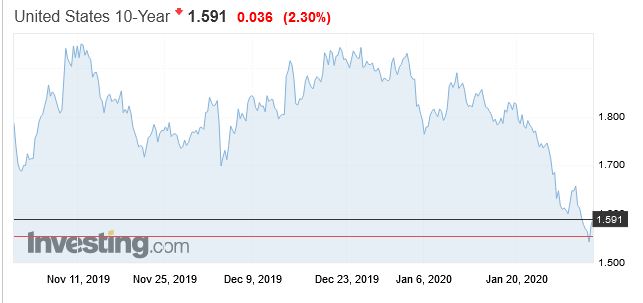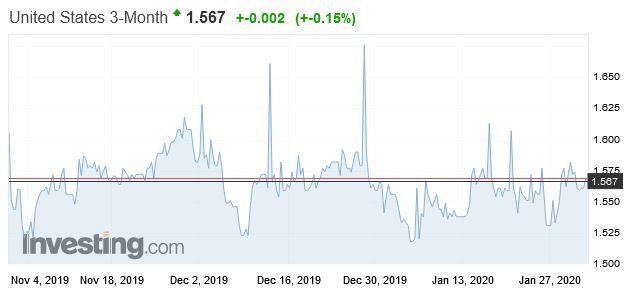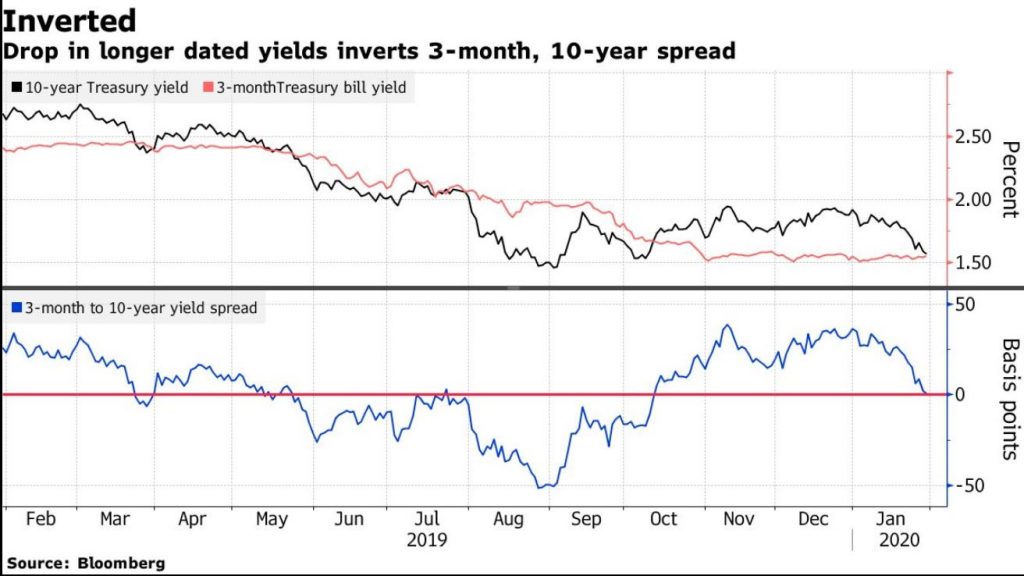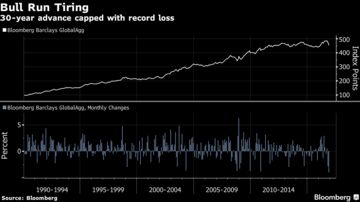The financial crisis is now in full swing, and credit markets are at the epicentre of current events, as owners of mortgage bonds and other asset-backed securities try to sell billions of dollars in assets, amid reports that there are significant investor withdrawals from these funds.

Bloomberg reported that Funds who buy up bonds of all kinds — from debt of America’s largest corporations to securities backed by mortgages — have struggled with record investor withdrawals amid choppy trading conditions in fixed-income markets. The rush to unload mortgage-backed securities signals that a credit meltdown that began with corporate bonds is spreading to other corners of the market.
Further Federal Reserve support, and other Central bank support is being sought. Raises the question, who should be supporting who, and should financial speculators really be bailed out?
Amid the selling, the Structured Finance Association, an industry group for the asset-backed securities market, asked government leaders on Sunday to step in and help boost liquidity in the market.
In a letter to U.S. Treasury Secretary Steven Mnuchin and Federal Reserve Chairman Jerome Powell, the industry group said that “the future path of the pandemic has significantly disrupted the normal functioning of credit markets.”
The group asked them to “immediately enact a new version of the Term Asset-Backed Securities Loan Facility,” a financial crisis-era program that helped support the issuance of securities backed by consumer and small-business loans. Such a measure, the group said, would help enhance the liquidity and functioning of crucial credit markets.
“The overwhelming supply of securities for sale to meet redemptions has put significant downward pressure on almost all segments of the bond market,” Szilagyi said in the statement.
The sales included at least $1.25 billion of securities being listed by the AlphaCentric Income Opportunities Fund. It sought buyers for a swath of bonds backed primarily by private-label mortgages as it sought to raise cash, said the people, who asked not to be identified discussing the private offerings.
“The coronavirus has resulted in severe market dislocations and liquidity issues for most segments of the bond market,” AlphaCentric’s Jerry Szilagyi said in an emailed statement on Sunday. “The Fund is not immune to these dislocations” and “like many other funds, is moving expeditiously to address the unprecedented market conditions.”
The best way to obtain favorable prices is to offer a wider range of securities for bid he said, declining to discuss the amount of securities the fund put up for sale.
The AlphaCentric fund plunged 17% on Friday, bringing its total decline for the week to 31%.
“We can most likely expect a continuation of price volatility across the bond market spectrum until the panic selling and market uncertainty subsides or government agencies intervene to support the broader fixed-income market,” Szilagyi said












